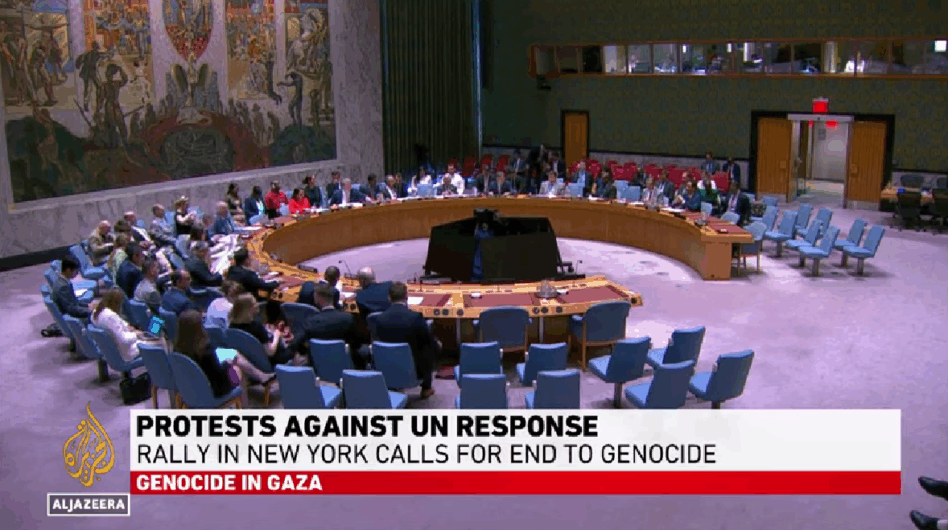By the National House Buyers Association
THE National House Buyers Association (HBA) welcomes the announcement by Bank Negara Malaysia (BNM) that “unfair housing loan terms to be revised”. For too long, borrowers have been at the losing end of such unfair terms of the housing loan and have no choice but to accept such terms or risk having their loan application rejected.
Is the bank’s lawyer acting for the borrower or the bank?
It is a standard practice that borrowers of housing loans have to pay the legal fees incurred for the said loan. However, although the borrower is paying the legal fees, the lawyer responsible for this housing loan, ie the loan lawyer, is actually acting for the banks and not the borrowers and is obligated to act in the best interest of the banks.
Included in the standard terms of the housing loan to the borrower, other than the amount of the loan and the corresponding interest rate to be charged, are a barrage of terms which are grossly unfair to the borrower.
Plus, the borrower is not allowed to vary such terms and must either accept or reject the loan offered in its totality.
In addition, whilst the borrower has the time to shop for different banks by comparing the various Letter of Offer before deciding on which bank to finally take the loan from; the borrower is given little or no time to vet through the official Loan Agreement before it is signed.
This is because after the borrower has returned the Letter of Offer, the borrower will be told to go to the loan lawyers’ office to execute the Loan Agreement and other security documents.
Once at the loan lawyers’ office, the borrower will be presented with a thick Loan Agreement as well as subsidiary security documents and will be told that the Loan Agreement and its subsidiary are standard contracts and cannot be varied in anyway and the borrower must execute the Loan Agreement or else the loan will not be approved.
Usually, borrowers will just sign the Loan Agreement after just checking the important details such as the details of the borrower and the loan amount and interest rate charged. Some may read through the Loan Agreement and find many unfair and lopsided terms and will attempt to clarify with the loan lawyer, only to be told that the terms cannot be varied and it is either sign the Loan Agreement or reject the loan offered.
Hence, the borrower has no choice but to sign the Loan Agreement or have the loan rejected.
Unequal bargaining power
The recent Federal Court ruling in CIMB Bank Berhad v Anthony Lawrence Bourke & Anor (2019) 2 CLJ 1 that banks cannot escape liability for their mistake by relying on disclaimer clauses in the Loan Agreements comes as a big relief to house buyers.
The Federal Court has held, inter-alia, as follows:
- Clauses which absolutely restrict the rights of customers to enforce a contract via legal proceedings are void pursuant to the Contract Act, 1950.
- Contracts which clauses to absolutely exclude liability were “patently unfair” and unjust to bank customers, and merited the application of principles of public policy as well as interference by the Courts.
In reality, bargaining powers of the parties to a loan agreement are different and never equal. The parties seldom deal on equal terms. In today’s commercial world, the reality is that if a customer wishes to buy a product or obtain services, he has to accept the terms and condition of a standard contract prepared by the other party. The parties in the instant case, are no different. They have unequal bargaining powers between the banks and their customers. It is unconscionable on the part of the bank to seek refuge behind the clauses and abuse the freedom of contract.
Unfortunately, most house buyers will not have the resources to sue their bankers and the announcement by BNM that unfair clauses in Loan Agreements for housing loans is a much-welcomed move.
HBA also welcomes the move by BNM to require banks to use less technical and legal jargon in Loan Agreements that only trained lawyers can understand and draft these Loan Agreements and other subsidiary documents so that anyone will be able to appreciate and comprehend.
Remove the RM500,000 cap in standardised template
HBA notes that the Association of Banks, Malaysia (ABM) and Association of Islamic Banks made a remark that they are currently reviewing all standardised housing Loan Agreements template which were approved by them but limited to the principal sum of RM500,000 or less to address the concerns raised by BNM.
The price of houses has increased substantially over the past 10 years, when the template was first initiated.
In this regard, HBA calls for all residential housing loans (including service apartments, etc which are classified as residential dwelling under the Housing Development Act) regardless of the loan amount to be covered under this new ruling as announced by BNM.
HBA hopes that BNM will take a comprehensive review of the Loan Agreements to identify all lopsided clauses and ensure that these clauses are removed from the standard Loan Agreement for “standard” housing loans.
Apportionment of payment to interest and principal shrouded in secrecy?
Another grave injustice to borrowers is the allocation of monthly installments towards the settlement of principal and interest as this is not disclosed anywhere in the Loan Agreements or even in the standardised templates.
To illustrate a real-life example, we had a complainant who took a 20-years housing loan about six years ago. After diligently paying his monthly instalments for five years, the complainant assumed that the principal amount outstanding should only be about 75% of the original amount.
Unfortunately, as the complainant personally experienced, the amount was closer to 83.5%. No doubt, the use of Excel Mortgage template is practiced universally by banks but layperson thinks otherwise with their simple arithmetic calculation.
There need to be a greater transparency on how the allocation of monthly repayments for interest and principal is done and this must be disclosed in the Loan Agreement. Perhaps, BNM can fix the method of charging interest?
Recommendations vis-à-vis loans
On the sideline, our recommendations to customers are as follows:
- Choose flexi-loans, where one can “re-use” their repayments;
- House buyers are encouraged to “pay more” as and when they have extras (like bonuses) to enable them to shorten the loan tenure;
- From the onset, banks to allow house buyers to start to pay their monthly instalments rather than service progressive releases; and
- Avoid “lock-in period” so that the bank will not impose a penalty for early redemption.
BNM to balance the scale
HBA calls for banks to continue to take cognizant of their borrowers’ (customers) hardship and protect the interest of their borrowers, instead of only focusing on profits and creating a balance sheet to appease their shareholders.
We urge BNM to continue monitoring banks in Malaysia to ensure that they do not take advantage of their borrowers.
The battle of borrower versus banks is a battle of “David vs Goliath”, and the timely intervention of BNM is needed to balance the scales of fairness in the banking arena. – June 20, 2021.
The National House Buyers Associaiton (HBA) is a voluntary, non-political, non-governmental, non-profit organisation manned by volunteers to strive for a balanced, fair and equitable treatment for house buyers in their dealings with housing developers.
The views expressed are solely of the author and do not necessarily reflect those of Focus Malaysia.
Photo credit: Fortune.my









